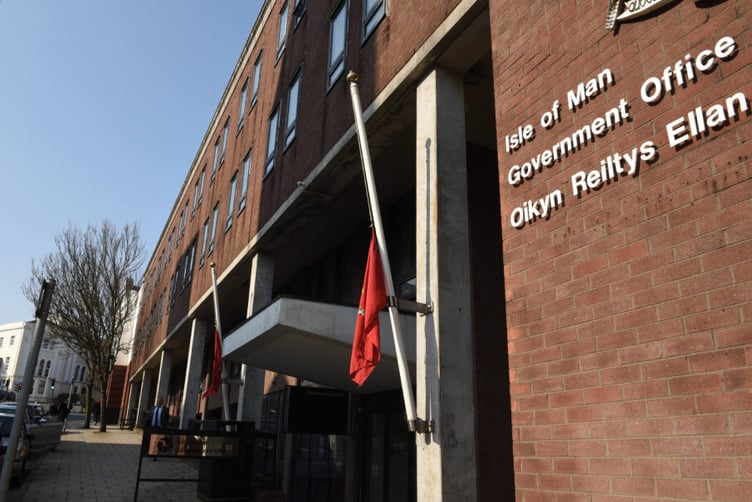The government’s net deficit spiralled last year but it still managed to post a better than expected overall surplus of £58.6m.
And the government’s asset position has improved thanks to its pension liability plunging by £1.7bn, in turn the result of a paper gain for the schemes of £1.9bn.
The government’s annual financial statements and report for the year ending March this year will be laid before Tynwald’s February sitting.
It shows that following two years of dealing with the Covid pandemic, the 2022-23 financial year continued to present challenges for the island.
High inflation and significant increases to the cost of living affected businesses, residents and the government alike.
Energy cost inflation, increased fuel costs and pay awards above forecast levels have placed significant pressure on departments.
Total department spending amounted to £1,205m, up from £1,143m in 2022, which was £31m higher than budget.
But government income exceeded budget in all areas.
Customs & Excise collected £443.1m (up from £390.2m in 2022). Income Tax increased from £243.4m the previous year to £276.3m and Social Security income totalled £255.1m (up from £265.2m).
The consolidated income and expenditure account shows that government’s net deficit spiralled to £294.4m, up from £166.5m in 2022. Central government’s net deficit rocketed to £288.76m from £184.5m the previous year.
But central government was able to return a net surplus of £58.6m, up from £31.8m in 2022, by taking into account actuarial adjustments, such as depreciation and unrealised gains and losses on investments.
The biggest of these was the change in the pension scheme liability which decreased by £1,682m to £2,902m, principally due to an actuarial gain of £1,904m (2022: gain of £408m).
This reduction is largely a result of movements in the year-on-year actuarial assumptions, in particular the real discount rate which has significantly increased compared to the previous year. The real discount rate is linked to the yield in high quality corporate bonds which have risen due to the increase in global interest rates and have more than offset the rise in inflation.
Last year’s budget had planned to deliver an overall surplus of just £0.4m.
The actual surplus for the year, before accounting adjustments, of £58.6m was despite extra expenditure on cost of living support.
Government has had to continue to draw from reserves in the short term and the performance of investments has also been subject to significant volatility due to market conditions. The current market value of external reserves dropped by £183m during the year to £1,812m. A supplementary vote of £18.3m was approved by Tynwald during the year for Manx Care to reduce waiting lists.



.png?width=209&height=140&crop=209:145,smart&quality=75)

Comments
This article has no comments yet. Be the first to leave a comment.